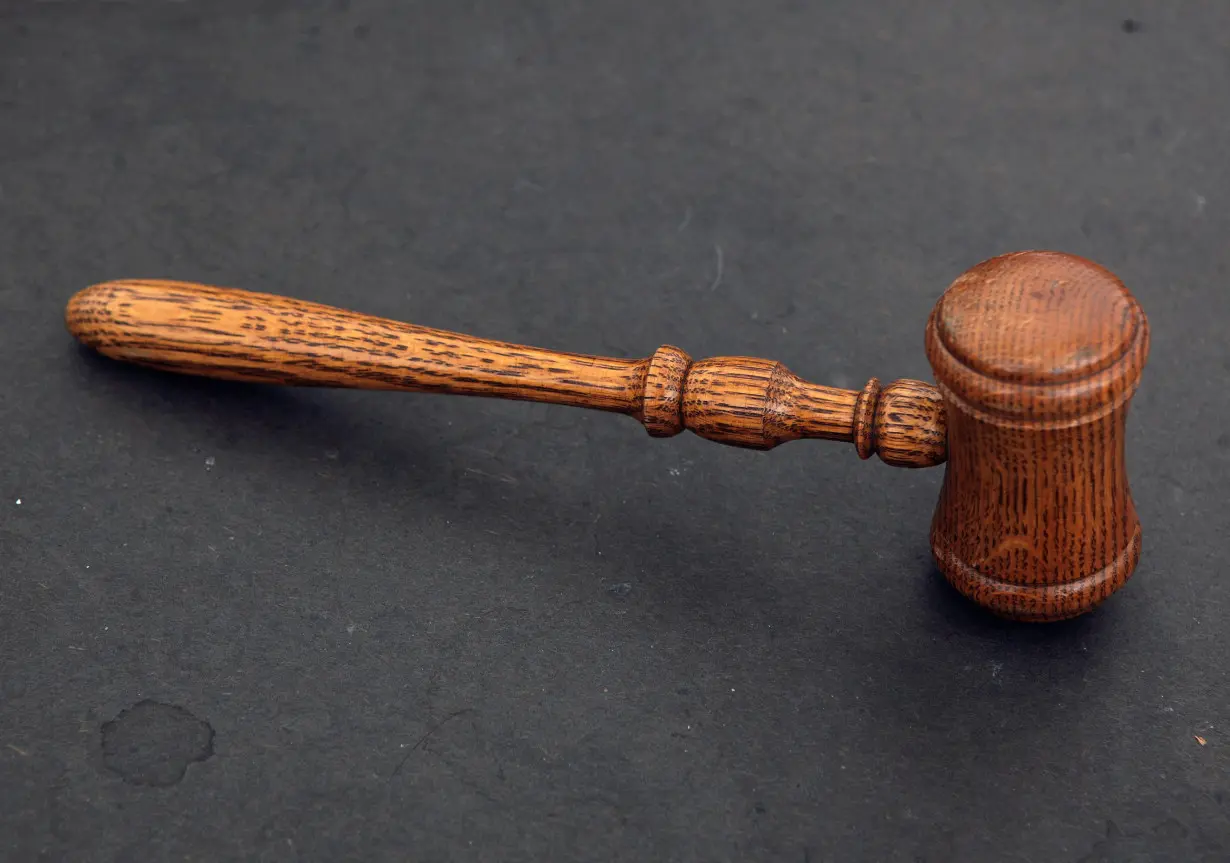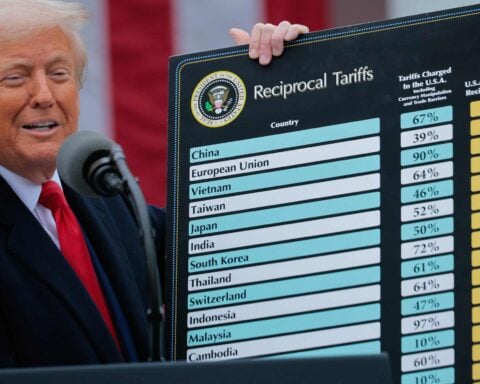By Jonathan Stempel
(Reuters) - The federal appeals court, often considered the nation's most conservative, said Louisiana can end a 32-year-old consent decree meant to ensure a fair chance for Blacks to be elected to the state's Supreme Court.
In an 11-7 decision on Thursday, the 5th U.S. Circuit Court of Appeals in New Orleans said a lower court judge erred in requiring Louisiana to prove it had erased "the vestiges of past discrimination" before ending the so-called Chisom Decree.
Circuit Judge Kurt Engelhardt said this unexpected burden was "impossible to satisfy," and it was enough that Louisiana satisfied the eight remedial measures in the 1992 decree, which required a single majority-minority district in Orleans Parish.
One of the dissenting judges, Circuit Judge Jacques Wiener, said the evidence of compliance was not there, and Louisiana also refused to commit to ensuring a majority-minority district after the decree was dissolved.
Engelhardt appeared to acknowledge that concern, saying "courts overseeing consent decrees can rest easy knowing that, once the decree has been satisfied, federal law provides a remedy for any later violation."
All 11 judges in the majority were appointed by Republican presidents. Five dissenting judges were appointed by Democratic presidents and two by Republican presidents.
In May, Republican Governor Jeff Landry signed a law, Act 7, establishing two majority-minority districts, potentially affording Blacks a chance at greater representation on the state's seven-person Supreme Court.
Blacks comprise nearly one-third of Louisiana's population.
Act 7 prompted the Black voters who had long supported the decree to ask that it be dissolved, essentially putting all parties to the litigation on the same side.
Another dissenting judge, Stephen Higginson, said the district court should have been allowed to decide whether Act 7 was a significant enough change to justify ending the decree.
Lawyers for the Black voters did not immediately respond to requests for comment after business hours.
The case is Chisom et al v Louisiana, 5th U.S. Circuit Court of Appeals, No. 22-30320.
(Reporting by Jonathan Stempel in New York; Editing by Stephen Coates)

 Trump has begun another trade war. Here's a timeline of how we got here
Trump has begun another trade war. Here's a timeline of how we got here
 Canada's leader laments lost friendship with US in town that sheltered stranded Americans after 9/11
Canada's leader laments lost friendship with US in town that sheltered stranded Americans after 9/11
 Chinese EV giant BYD's fourth-quarter profit leaps 73%
Chinese EV giant BYD's fourth-quarter profit leaps 73%
 You're an American in another land? Prepare to talk about the why and how of Trump 2.0
You're an American in another land? Prepare to talk about the why and how of Trump 2.0
 Chalk talk: Star power, top teams and No. 5 seeds headline the women's March Madness Sweet 16
Chalk talk: Star power, top teams and No. 5 seeds headline the women's March Madness Sweet 16
 Purdue returns to Sweet 16 with 76-62 win over McNeese in March Madness
Purdue returns to Sweet 16 with 76-62 win over McNeese in March Madness








